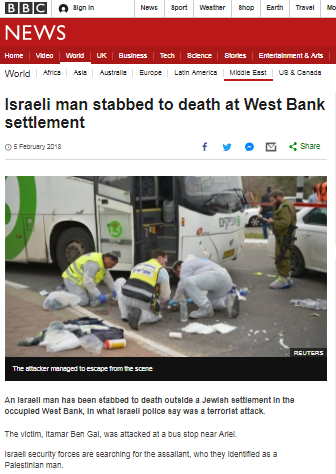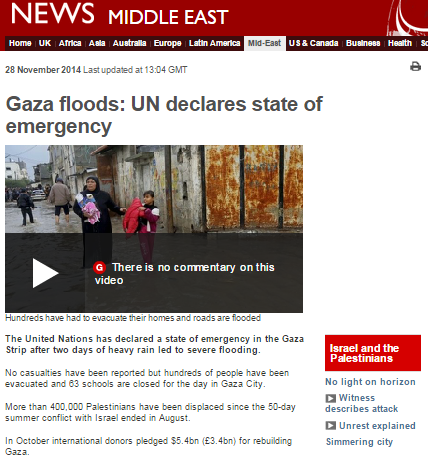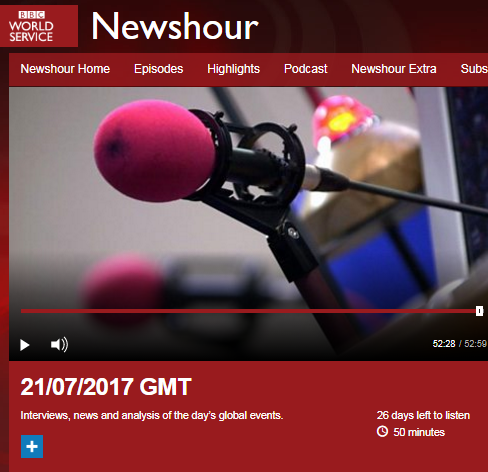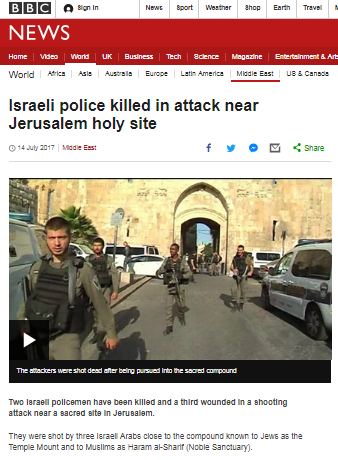At around 2:30 p.m. on the afternoon of February 5th a terror attack took place near the town of Ariel.
“An Israeli man was killed on Monday afternoon after he was stabbed in the chest in a terror attack outside the West Bank settlement of Ariel, the army and medics said.
He was identified as Rabbi Itamar Ben-Gal, 29, a father of four from the nearby settlement of Har Bracha.”
At the time of writing, the search for the terrorist continues.
“The terrorist, investigators found, is 19-year old Israeli-Arab resident of Jaffa Abed al-Karim Adel Assi, a son of an Israeli mother and Palestinian father from Nablus. […]
After he was stabbed, Ben Gal ran to a bus that stopped at a station nearby while al-Karim gave chase. Reaching the bus, the rabbi knocked on its door for help before immediately collapsing.
The terrorist then fled the scene. An off duty IDF officer who witnessed the attack then chased the assailant in his car and rammed him.
Despite being hit, al-Karim was able to escape with the help of an unidentified driver who picked him up near the scene of the incident.”
Some three hours after the attack took place a report was published on the BBC News website’s Middle East page under the headline “Israeli man stabbed to death at West Bank settlement“. The incident and its victim were described in 137 words in the article’s second version and in 117 words in its third version published the following day. [emphasis added]
“An Israeli man has been stabbed to death outside a Jewish settlement in the occupied West Bank, in what Israeli police say was a terrorist attack.
The victim, Rabbi Itamar Ben Gal, was attacked at a bus stop near Ariel.
Israeli security forces are searching for the assailant, who they identified as a Palestinian man.
CCTV footage of Monday’s attack shows Rabbi Ben Gal, a 29-year-old father of four from the settlement of Har Bracha, waiting on a roadside when another man crosses the road and stabs him in the chest.
The Israeli military said a soldier had pursued the suspect in his vehicle and hit him after witnessing the incident, but that he managed to escape.”
The fourth paragraph of the article’s first and second versions implied linkage between the attack near Ariel and a different story.
“It [the attack] comes a day after Israel retroactively legalised an unauthorised settlement outpost in response to the killing of a resident last month.”
In the third version readers were told that:
“Israel retroactively legalised Havat Gilad, an unauthorised settlement, in response to the murder [of Rabbi Raziel Shevach].”
Both those statements are inaccurate and misleading: Havat Gilad was not “retroactively legalized” on February 4th as the BBC claims. Rather – as the Times of Israel reported: [emphasis added]
“The cabinet on Sunday voted unanimously to begin the process of legalizing the Havat Gilad outpost less than a month after the murder of resident Raziel Shevach.
The approved proposal declares the government’s intention to establish the hilltop community southeast of Nablus as a full-fledged settlement “on lands that are privately owned by Israelis or state lands.”
The proposal authorized Defense Minister Avigdor Liberman to instruct relevant government bodies to examine the legal aspects of recognizing Havat Gilad as an official settlement. It also tasked the Finance Ministry with auditing the financial costs of establishing a new settlement. […]
However, the proposal’s language regarding the legal ownership of the land hinted at a significant hurdle that still remains ahead of the outpost’s legalization.”
The third version of the report includes an amendment relating to events that took place after its original publication.
“Israeli troops meanwhile have killed a Palestinian who they say shot dead a rabbi as he drove near Havat Gilad outpost in the West Bank last month.
Ahmad Jarrar was shot when security forces raided his hideout in al-Yamoun village near Jenin in the northern West Bank on Tuesday, Israeli media said.
Jarrar is suspected of killing Rabbi Raziel Shevach, a father of six, in a drive-by shooting on 9 January.”
As noted here previously, the BBC did not report the arrest of one member of that terror cell and the killing of another on January 18th.
Readers once again found statements that have been recycled using different numbers on numerous occasions for more than two years. Although the information is readily available, the BBC did not cite the actual number of Israelis murdered in terror attacks since September 2015 but made do with an approximation which is lower than the actual number of victims.
“The attack is the latest in a wave of stabbings, shootings and car-rammings against Israelis, predominantly by Palestinians or Israeli Arabs, since late 2015.
At least 52 Israelis and five foreign nationals have been killed.
Some 300 Palestinians – most of them assailants, Israel says – have also been killed in that period, according to AFP news agency. Others have been killed in clashes with Israeli troops.” [emphasis added]
Notably, the BBC continues to use the “Israel says” formula in that statement and – despite having had over two years to do so – has apparently not bothered to independently confirm how many of the Palestinians killed during that time were in the process of carrying out terror attacks.
While the terror attack which is ostensibly the subject matter of this report got 117 words of coverage in its third version, one hundred and eighteen words were devoted to the topic of ‘settlements’ – including the BBC’s standard portrayal of ‘international law’ which fails to inform audiences of the existence of additional legal opinions. Readers were not told that the Clinton Parameters of 2000 also proposed keeping the larger blocs of Israeli communities under Israeli control.
“Israel has previously said it intends to keep Ariel and some other large settlements blocs in any final peace agreement with the Palestinians. The Palestinians want all the settlements, built on land they claim for a future state, removed.
More than 600,000 Jews live in about 140 settlements built since Israel’s 1967 occupation of the West Bank and East Jerusalem. The settlements are considered illegal under international law, though Israel disputes this.
There are also some 100 outposts – small settlements built without the government’s authorisation.
Last year, the Israeli parliament passed a law allowing for the retroactive legalisation of 55 of them, including in some circumstances those built on private Palestinian land, whose owners would be compensated.”
Clearly the BBC News website needs to amend its inaccurate portrayal of the February 4th cabinet decision concerning Havat Gilad and to inform audiences of the correction.
Related Articles:
BBC News continues to entrench a narrative by means of omission




